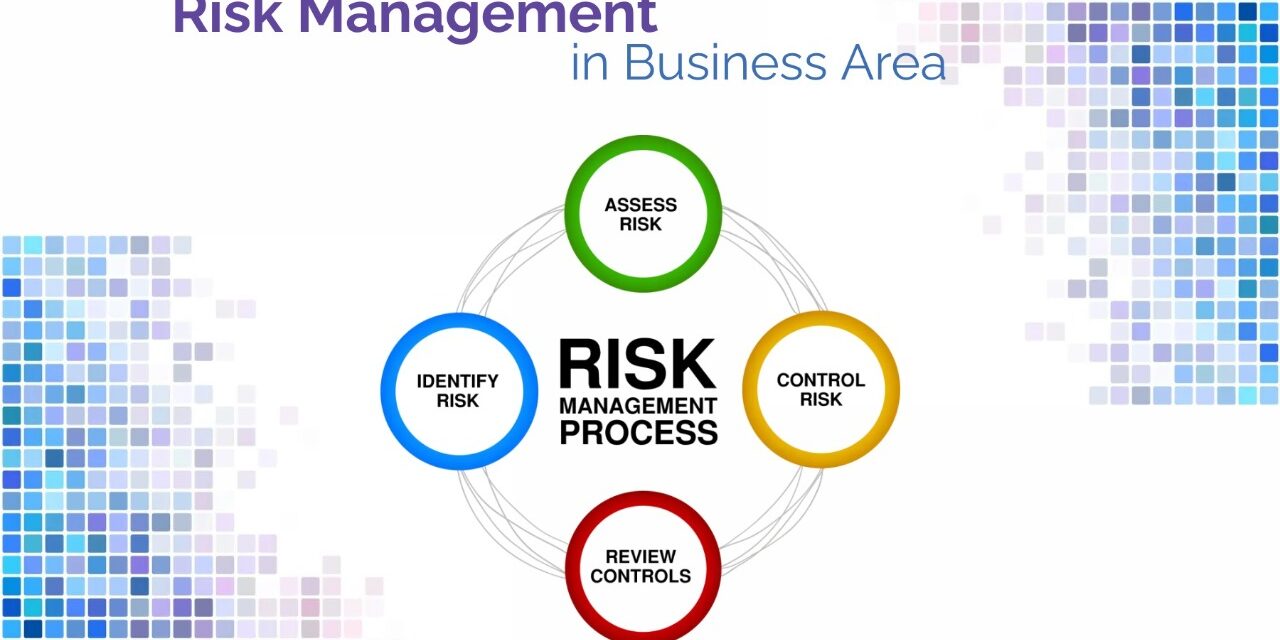Risk management is a critical process for regulating a company’s functioning. It eradicates all the hazards and dangers that affect a firm’s smooth functioning. It protects the integrity of an organization in financial and security aspects. It makes sure that all operations occur without any external or internal obstacles. The risk-management approach manages three types of hindrances: business dangers, financial risks and non-business risks.
Let’s understand the process of risk management with more precision-
What is the process of Risk Management?
Identify risk
First, the risks or the exposed systems are searched in the risk management process. The company holds a brainstorming session for the analyses of risk zones.
Assess risk
After the identification of risks, they are analysed. The strategies are formed to tackle the threats and mitigate them within the shortest time. The prioritised risks area is studied first as they reveal more dangers.
Control risk
Controlling risk and stopping it from creating further damage to the organization is the next step. The software and security panels are set in the organization to mitigate risks.
Review controls
After the successful control of risks, lesson learning takes place. Ideas are used to mitigate such types of threats in the future. The rules and strict preventive measures are set to avoid the recurrence of risks.
Benefits of Risk Management in Businesses?
Here are the primary advantages of risk management in businesses:
Boosts the productivity
The risk management process removes financial risks. It also reduces strategic harm by balancing competition and governing customers’ preferences. It also regulates the operational risks by keeping strict control on service quality. It uses technology like web scaping services to collect and analysis all factor. It checks whether the institution is meeting compliance standards or not. It also keeps a regular note of irregular supply chains to mitigate the operational dysfunction within the firm. All these measures add more plus points to the productivity cycles of the corporation.
Reduces financial losses
Risk management mainly removes the following risks from a work atmosphere. It includes market, liquidity, and operational and credit risks. When these significant hazards remain away from the company, then it prospers. There occurs no financial drawback or security breach.
Protects sensitive information
One of the most notable advantages of risk management units is that they safeguard credentials and sensitive information. It secures all the susceptible data sets that include financial and confidential information. It also adds authentication and safety layers in all the central operating units of the firm. Risk management strategies employ tools and software that tackles all the technical blunders. It ensures no manual error or external attack can harm the firm’s operations.
Adds credibility to the organization
Risk management strategies remove the financial and security loopholes in a company or firm. When a firm functions with a strong image, it gets excellent credibility in the marketplace. The risk-free work environment adds scalability and productivity to a company. The risk management methodologies create a spotless brand image and increase brand awareness to great ends.
Saves time and resources
The risk management process saves time and unnecessary resource usage in the firms. It eliminates all the potential hazards before creating any harm to the organization’s functioning. It not only saves time to implement in other necessary works but also saves the company’s resources. It manages technology and manual efforts properly. At some tasks use automated ways and algorithms like product monitoring system or feedback analysis system can work automated using scraping Ecommerce websites.
Conclusion
It was a brief about the risk management procedure and its benefits. If you wish to add more agility to your company, focus on risk management. No matter what the industry or size of the company is. You can make it more successful and reliable with risk management strategies. Make your business a success by incorporating a robust risk management process.






